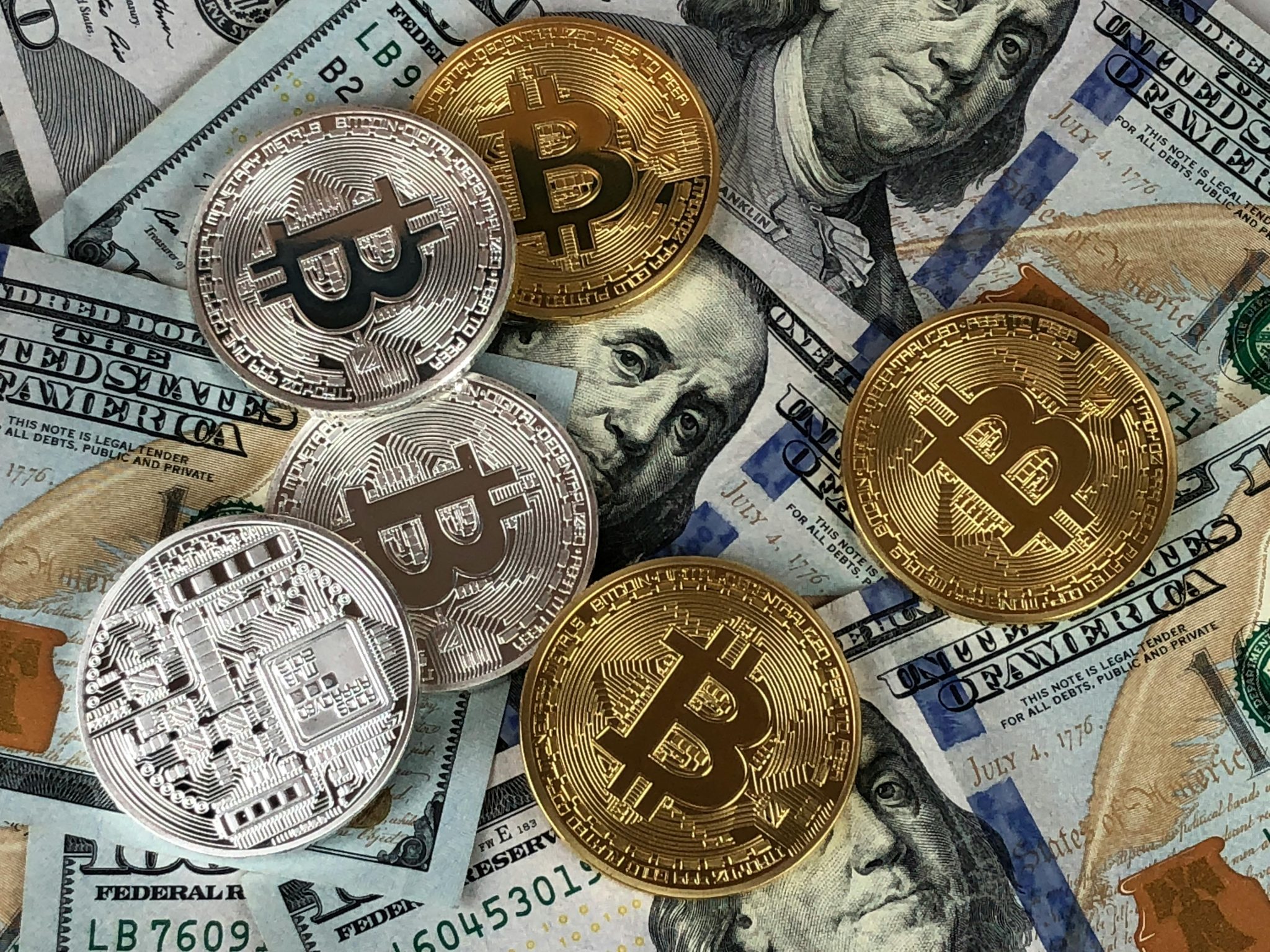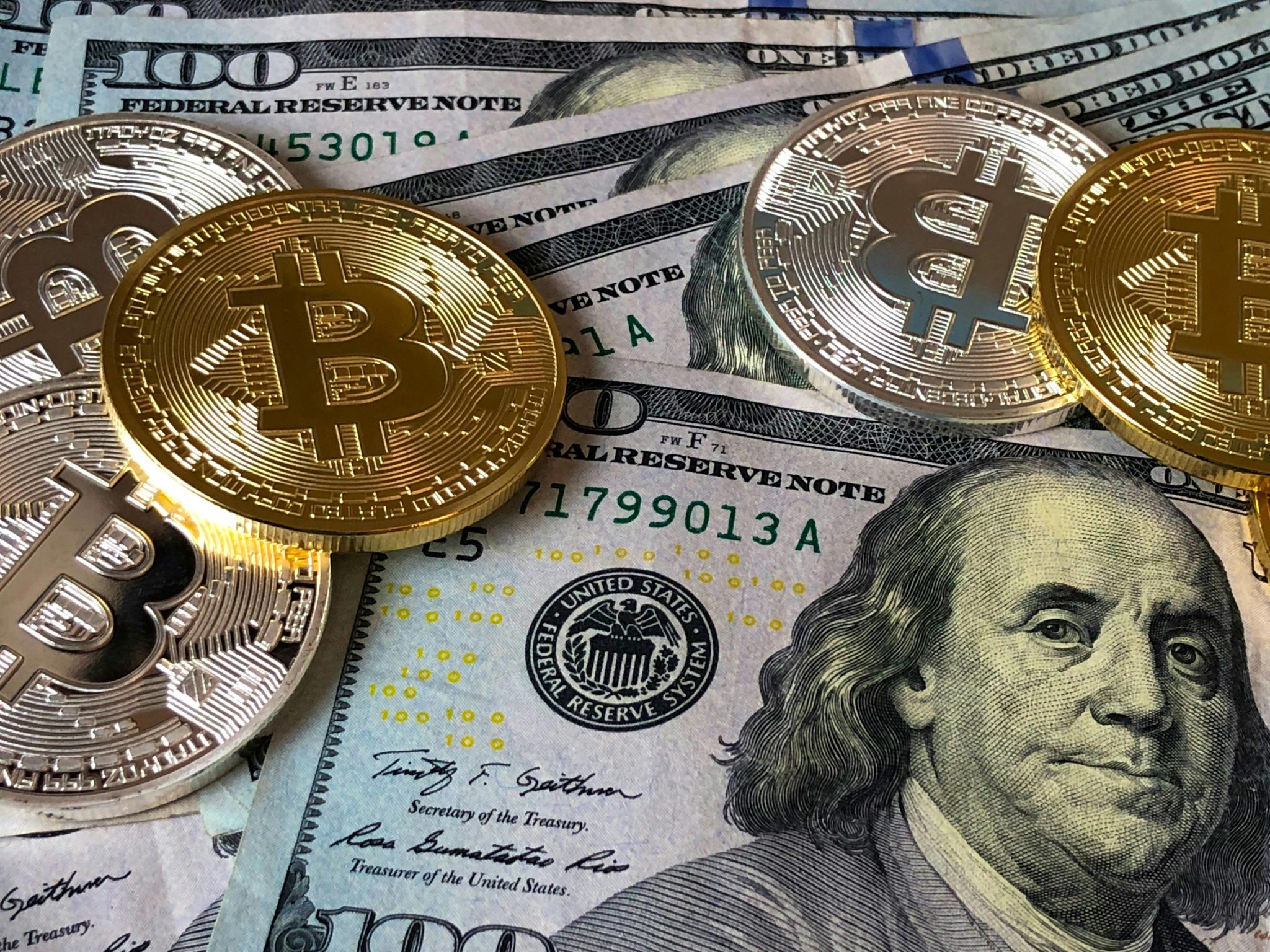Decentralized finances, like cryptocurrency, offer users a number of benefits, including faster transaction speeds and greater protection from economic fluctuation. For those looking to store their money using cryptocurrency, virtual wallets use unique keys to ensure greater levels of security. However, there are also a few essentials to be aware of, like the importance of public opinion and changing regulations. In this article, we’ll examine whether decentralized finance is the best way to store money.
The Benefits of Decentralized Finance in Storing Money

There are a number of benefits to storing money in decentralized finances, including faster transaction speeds, lower fees, and decreased influence from central systems like banks. Let’s look at a few now!
Move Away From Central Institutions
In other forms of finance, a third-party central institution, like a national bank, handles transactions. They have an influence over how the money they store is affected by things like interest rates and inflation. For example, in the UK, the Bank of England is the centralised system for the pound sterling (£). They control areas of the currency like printing banknotes, interest rates, and inflation, meaning any money stored with them is influenced by their actions. Using third-party organisations like banks when transferring money means slower transaction speeds and, often, fees.
Decentralized currencies such as crypto aren’t controlled by the actions of a central system, and some allow shareholders the ability to vote on important decisions. As a result, users see shorter waits during financial transactions and can avoid some of the fees associated with using a bank. These benefits have meant many industries have been quick to adopt crypto to streamline the payment process. One of these is the iGaming industry, which uses crypto as a payment method. Players are easily able to find the best casinos that support decentralized transaction methods by using popular comparison sites such as NewCasinos. They compare each casino across areas like payment methods, bonuses, safety, and player experience in order to provide players with only the best options. Through their individual casino reviews, players can find which payment methods are supported, ensuring they get the most efficient transaction experience possible.
Using decentralized currencies also means that financial information isn’t stored and controlled by a single association, making it more accessible to users. Those researching crypto are able to find information about crypto-related transactions using blockchain technology. Blockchain is like a virtual ledger book of all the different transactions within the crypto world, ensuring transparency as users are able to find all related financial information.
Improved Security and Anonymity
As crypto uses blockchain technology, investors have a greater level of anonymity in comparison to storing their money in a bank. Many investors appear anonymously or use pseudonyms in ledgers to protect their identity. As well as greater anonymity, blockchain uses timestamps and hashes to represent each chain, making it hard to alter transactions. There are also low levels of human involvement in transactions as they’re automatically verified by computers in the blockchain network, meaning greater accuracy.
Crypto provides enhanced security through methods like unique key passwords. In order to log in to their account, users must enter their unique code. These can be stored in wallets—either ‘cold wallets’, which are stored offline, or ‘hot wallets’, which are stored online. If a user loses their key, they can lose access to their crypto investments. This enhanced level of security can make crypto a good way to store money as it’s less susceptible to cyberattacks and fraud. Just like the stock market, crypto uses different exchanges that have different rules of security and anonymity. It’s important for users to make sure that the exchange they plan to use is secure, with good reviews and no history of hacking or fraud.
Fixed Asset Numbers
Many types of decentralized currency have a fixed number of assets available. This controls their value in the same way the Bank of England does by limiting the number of banknotes printed. The most popular form of cryptocurrency—Bitcoin—has a limited supply of 21 million. The sense of scarcity created by this fixed number means that prices can increase during times of high demand. This is similar to the driver behind the price of precious metals like gold, whose values are highly determined by their rarity. As the limit of 21 million coins is approached, this can make Bitcoin a good investment as scarcity drives up the price.
The Impact of Changing Crypto Regulations
Crypto is a relatively new form of currency, with the first use of the original form—Bitcoin—only dating back to 2009. Government regulations have struggled to keep up with rapid development. Legislation also varies across the world, with different approaches taken depending on the country. In China and many countries in the Middle East—like Afghanistan, Morocco, and Algeria—crypto is completely banned. On the other hand, many countries in the Western World take a more favourable stance.
There’s a variety of upcoming changes to regulations that could impact the value of crypto—both positively and negatively. In the USA, President Trump is very in favour of the currency, even suggesting the country should have a reserve of Bitcoin. He has also spoken out about investigations into fraud in cryptocurrency, which he deemed a threat to individual privacy. On the other hand, in Europe, MiCAR (Markets in Crypto-Assets Regulation) was established at the end of 2024. The regulatory body’s goal is to implement regulations that treat crypto trading the same as banking. Crypto providers now have to be licensed as an electronic money institution and introduce rules on minimum capital requirements.
Continued changes to crypto regulations could have a big impact on the market, especially one that is so affected by public opinion. Due to the differences in policy depending on location, new or upcoming regulations can have both a positive and negative impact on market value. When thinking of investing in crypto, always make sure to understand the different legislations and how they impact value.
Volatility in Decentralized Finances

Decentralized finances can be highly volatile investments, meaning investing in some currencies can be risky. There are a number of reasons behind the volatility of crypto, including the importance of public opinion on values. While decentralization can have a number of benefits, these currencies aren’t supported by a central institution to stabilise value. As a result, crypto’s value can fluctuate when big movements are made within the market, when there’s a change in public opinion, or during global events like COVID-19.
While the limited number of some crypto assets like Bitcoin can have positives, it also means bigger investors aren’t able to move as easily within the market. A small number of investors own a lot of the Bitcoin market, with over 15% of the market being dominated by just 113 account holders. If one of these account holders—referred to as crypto whales—wants to offload their investments, it can have a big impact on market value. Whales can also influence the direction of a cryptocurrency by utilising their large holdings to gain more votes for decisions. Whales will often steer a currency in the direction they wish to go in—usually towards profit generation—rather than considering the future of the currency.
Are Decentralized Finances a Good Way to Store Money?
There are a few things to consider before storing money in decentralized finances like cryptocurrency. Firstly, they can be risky investments, in some cases with high volatility, causing market values to fluctuate. As a developing market, prices are also influenced heavily by the movements of big shareholders and public opinion. It’s important to keep up to date with changing regulations regarding cryptocurrency across the globe. Depending on location, regulations can have a negative or positive impact on market values.
There are some great benefits available for cryptocurrency investors, including better transparency and faster transaction times using blockchain technology. Storing finances in wallets also provides a great level of security, protecting investments using a unique code. Decentralized finances mean that investments aren’t susceptible to things like inflation or changes in interest as set by a central system like a bank. Rather than investments fluctuating during times of high inflation, they are influenced by other factors, giving investors a greater level of autonomy. Overall, these benefits can make crypto a good investment for those looking for quick payments and greater control over their investments.











